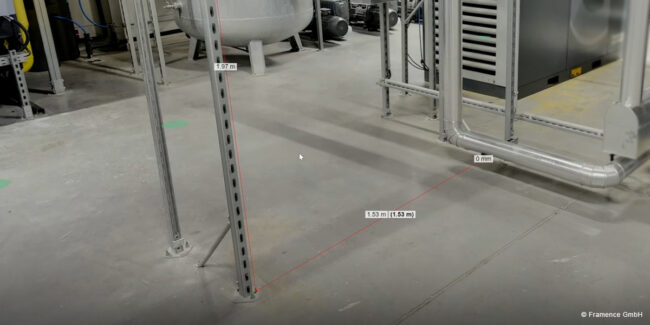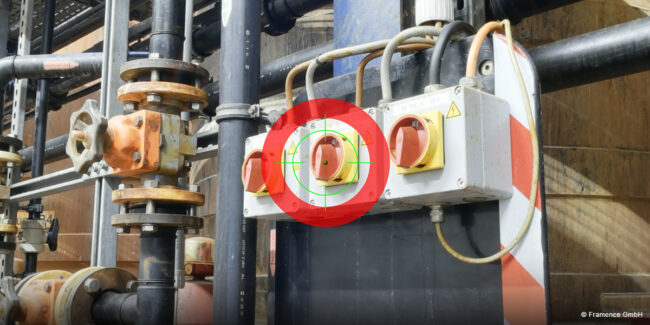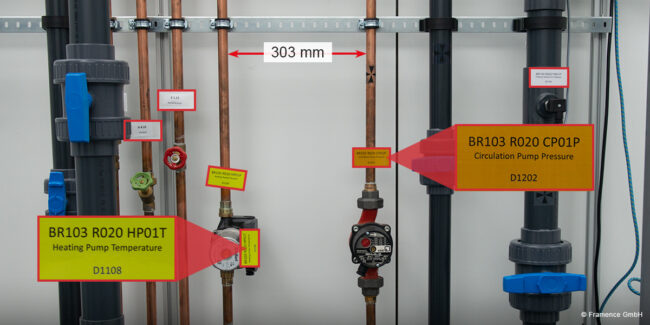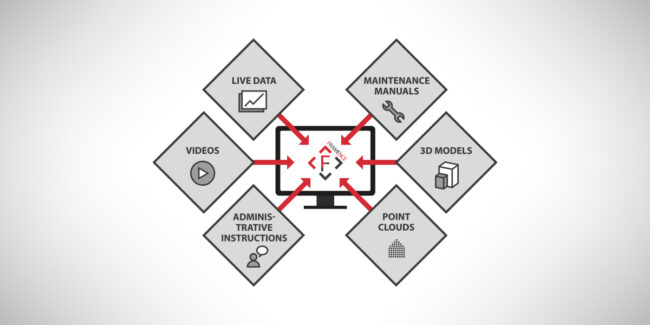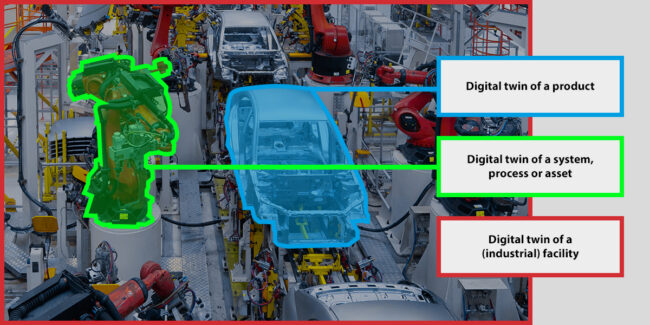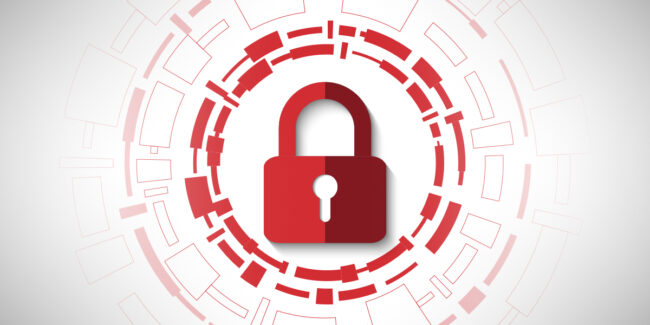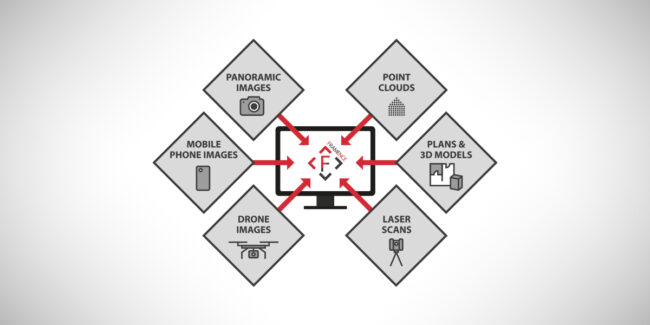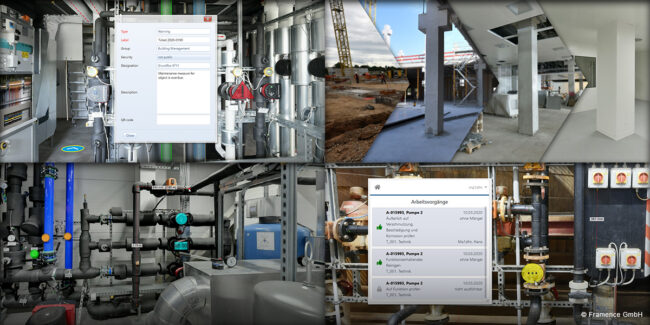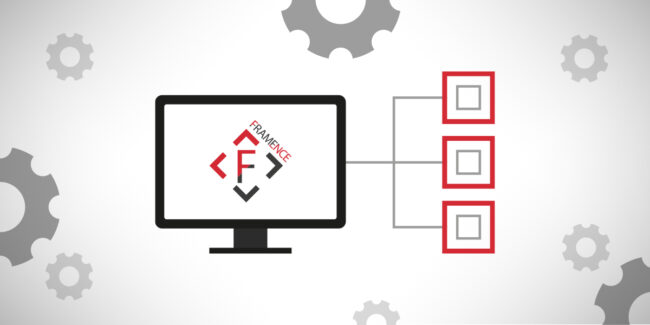Measuring objects accurately in photorealistic digital twins
For a digital representation to be actually useful, it needs to have specific features that enable users to operate as if they were physically present on-site. One of these crucial features is the precise measurement of objects or areas. Thanks to the pixels embedded in Framence’s dimensional photorealistic digital twins, conducting highly precise measurements is…

